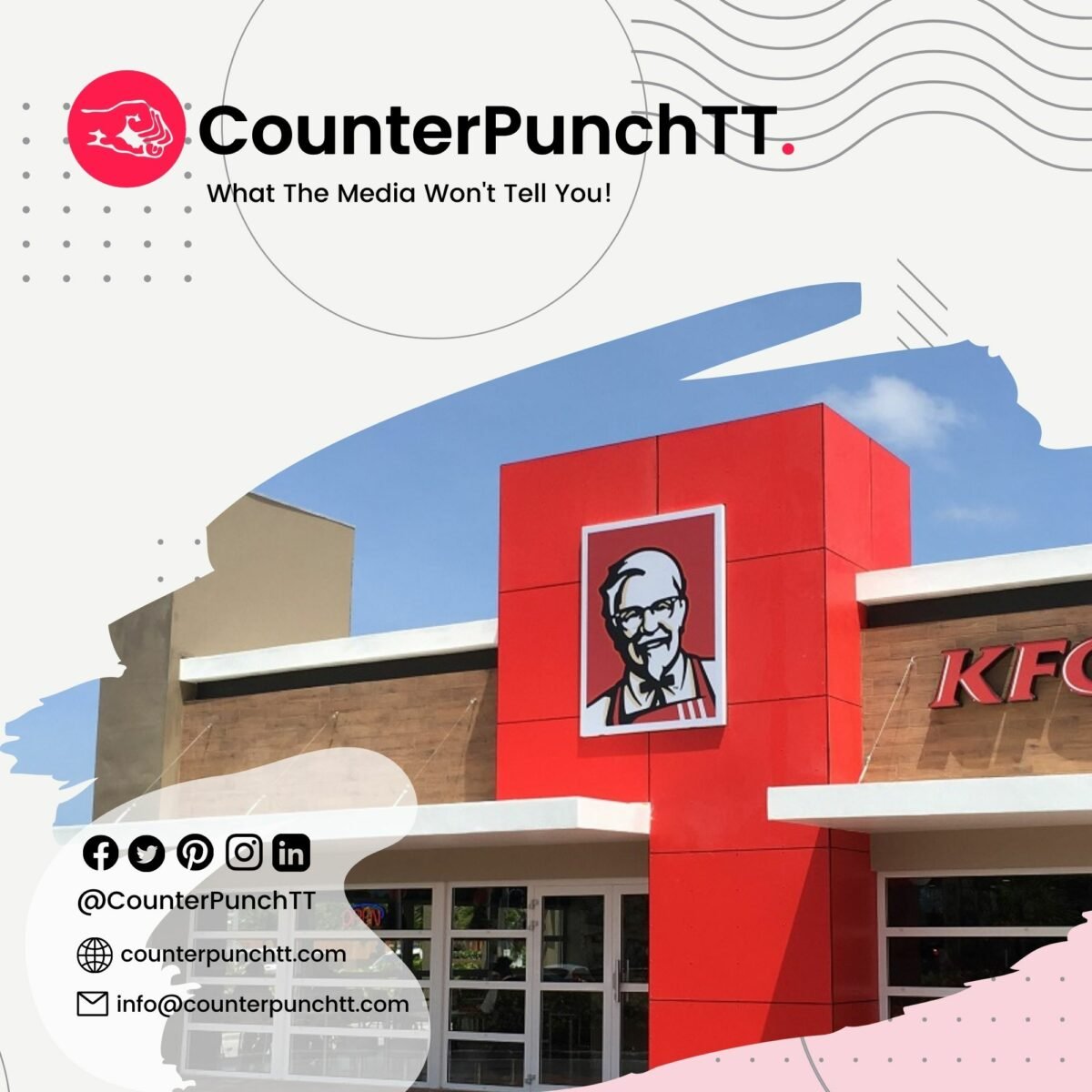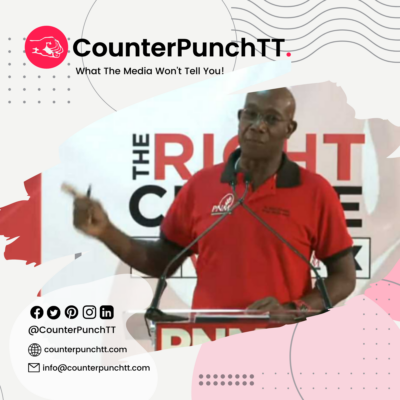I HAD KFC the other day.
In addition to higher costs and the absence of condiments, it appeared as though portion sizes were smaller than I remembered them to be.
“Shrinkflation” – reduced sizes or quantity for the same or greater cost, is the official definition – came to mind.
Whatever its business model, KFC’s parent, Prestige Holdings has reported profits similar to pre-Covid days, even in a declining economy.
Official records show that, energy returns aside, Trinidad and Tobago’s economy has not reached its pre-pandemic levels, and manufacturing and exports are still recovering.
So, people are gorging on fast food even with less disposable income.
One in four workers is on the breadline or under-employed, and poverty is at its worst level in 40 years.
The only thing that is keeping up with KFC consumption is the diabetes rate, which is now 14.8 per cent of the adult population according to Health Minister Terrence Deyalsingh.
“Diabetes continues to lead in the causes of death locally,” Deyalsingh said a few months ago.
His predecessor Dr. Fuad Khan, singing a similar refrain, launched a public education campaign.
An ace local artiste recently losing his sight and limbs to “lifestyle diseases” should be another wake-up call to the nation.
But no one is paying attention.
While rural residents of past generations warded off diabetes through their rigorous fieldwork, their children have discarded sada roti and choka for cholesterol-rich fast food.
That is just one example of the tiny entrepreneurial class dictating – and often ruining – the lives of the masses in T&T.
Prestige’s $1.1 billion in revenues for its most recent fiscal year ties in with that of all big businesses, from conglomerates, to large manufacturers, importers, and distributors.
Trade Minister Paula Gopee-Scoon has confirmed that small and medium-sized businesses make up 91 per cent of all local enterprises.
At least a quarter went under during the pandemic shutdown, sending home workers and contributing to community decline.
Since then, big business has tightened its financial stranglehold, with the growth of monopolies under the eyes of the futile Fair Trading Commission.
The pharmaceutical importation monopoly is reporting higher earnings, at least some of it off CDAP pensioners and other poor people.
Then, there are commercial banks, each of which is scoring historic profit.
Republic Bank’s latest year-end profit of $1.5 billion is 16.7 per cent above that of the corresponding previous period and represents an ongoing post-Covid climb.
Scores of small businesses and mortgage owners are unable to meet harsh loan and overdraft charges and other onerous fees.
Prime Minister Dr. Keith Rowley said he would not intervene because the 35 per cent tax “is the best action (the government) could have taken.”
But Barbados’ inspirational leader Mia Mottley told banks “to make some changes,” failing which “the government would be forced to do so through legislation.”
Rowley said the circumstances in both countries are different and “what affects Trinidad and Tobago … and Barbados may not be the same thing.”
The local media, which get large advertising revenues from banks, have not investigated the Prime Minister’s analysis, but I found that the taxation system is similar.
But no one – politicians, trade unions, civic organisations, etc. – is challenging the growing divide between rich and poor, lopsided incentives to big operators, steep bank charges to small enterprises, and strategic partnerships that propel large enterprises.
T&T, meanwhile, recently observed 53 years since the Black Power revolution, which demanded an equitable share of the economic pie for the working masses.
Before he became national leader, Basdeo Panday adapted the biblical phrase about the small man being just “hewers of wood and drawers of water.”
But most of the working masses remain on the edge of the economy, drawing minimum wages, struggling with their monthly bills, and barely being able to nourish their families.
Maybe that is why they rush to KFC.




